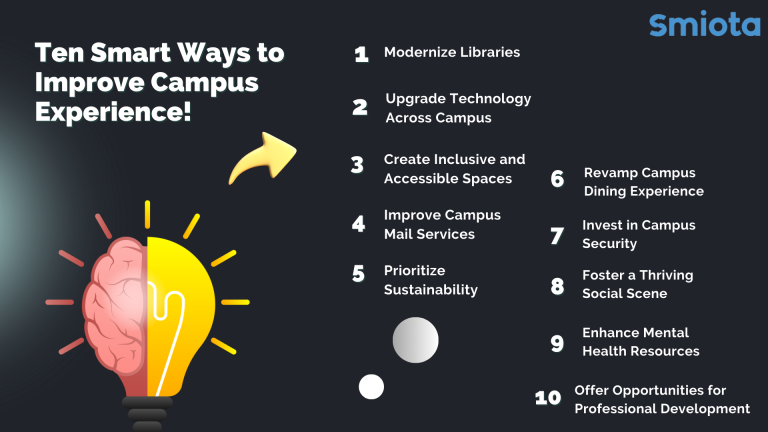
A university education provides more than academic qualifications. The campus setting nurtures personal growth, encouraging learning that extends beyond formal lectures or library research. Students cultivate independence, resilience, and essential life skills by immersing themselves in the diverse university community. These experiences help prepare them for the demands and complexity of life after graduation. The following are five ways campus life supports growth outside the classroom.
Developing Independence and Self-Management
For many students, university marks their first time living away from home. This experience plays a crucial role in fostering independence. Students learn to organize their schedules, handle finances, and care for their well-being without immediate family guidance. Ordinary tasks such as grocery shopping, laundry, and balancing studies with social interactions gradually build practical skills. Over time, managing these responsibilities increases self-reliance and confidence and instills a sense of accountability that is integral to adult life.
Cultivating Social and Interpersonal Skills
Campus life offers a vibrant social setting where individuals from varied backgrounds, cultures, and beliefs come together. Engaging with peers in residence halls, student groups, and campus events provides opportunities to strengthen communication and interpersonal abilities. Students learn to navigate social situations, resolve conflicts, and form lasting relationships. Participating in group projects and extracurricular activities further develops teamwork and negotiation skills. These experiences help build a foundation for effective collaboration and an appreciation of diverse perspectives—qualities that are especially important in any professional environment.
Exploring Leadership and Responsibility
University life provides numerous avenues for students to step into leadership roles, whether by joining the student government, captaining sports teams, or organizing club activities. Taking on these responsibilities helps students build leadership abilities, from motivating teams to managing projects and making key decisions. Such practical experiences foster confidence and strengthen a sense of responsibility, complementing academic achievement. These lessons in leadership can leave a lasting impact, shaping students’ approaches to challenges and preparing them to act responsibly in future roles.
Fostering a Broader Worldview
A university campus is a microcosm of the global community, exposing students to diverse cultures and perspectives. Interacting with peers from different backgrounds encourages students to challenge their assumptions and broaden their horizons. This immersion is further enriched by cultural events and study abroad programs, which develop empathy and global awareness. Malala Yousafzai is a powerful example of how leadership and responsibility can broaden one’s worldview. Facing adversity in Pakistan, she became a fierce advocate for girls’ education. By founding the Malala Fund, her activism grew from a personal cause into a global movement for change, showing how individual experiences can inspire meaningful action on a worldwide scale.
Building Resilience and Adaptability
The university journey presents both rewards and challenges. Students face academic pressures, social changes, and personal stress as part of everyday campus life. Overcoming such difficulties helps build resilience, teaching students how to manage setbacks and adapt to changing circumstances. Making use of campus resources, including academic advisors and wellness services, is an important skill in itself. By navigating the ups and downs of campus life, students develop the adaptability and emotional strength needed for both their future careers and personal lives.
At York University, students are part of an environment dedicated to supporting both academic and personal growth. York University cultivates a collaborative and inclusive environment where diverse students connect, learn, and build a dynamic, supportive community. Experiences gained on campus are as valuable as formal coursework. They equip students with independence, leadership, and resilience, preparing them for professional success and to contribute positively to society.





